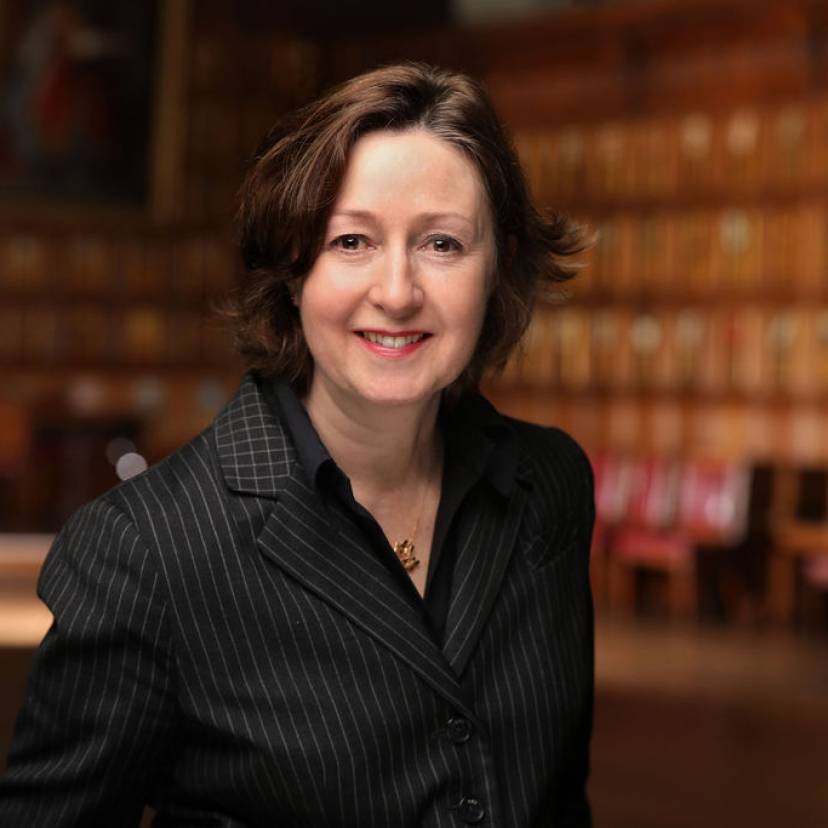Assessment of evidence - some useful reminders from the case of Dutta.
14 December 2020
Claire Robinson considers the recent important case of Dutta: Dutta v GMC (2020) EWHC 1974 (Admin)
Mr Justice Warby, giving the judgement in Dutta v GMC, set out some useful reminders of how evidence should be evaluated by tribunals when considering the facts and, in particular, the caution to be applied when considering the confidence and demeanour of a witness.
It will be interesting to see whether the regulators start to use this authority to support applications for more witnesses to give remote evidence, even when the credibility of that witness is a central issue in the case.
Dr Dutta, a cosmetic surgeon appealed against a decision by the Medical Practitioners Tribunal (MPT) to suspend him from practice. Dr Dutta’s grounds of appeal argued that the Tribunal’s findings of fact were wrong.
Dr Dutta was alleged to have pressured Patient A into having private surgery for a reduced price; made false statements to her; failed to take action in relation to Patient A’s concerns; and failed to take appropriate consent and maintain suitable records for patients B, C and D.
Mr Justice Warby stated in paragraph 38 "in my judgement the Tribunal’s reasoning process is vitiated by at least three fundamental errors of approach":
- First, the Tribunal approached the resolution of the central factual dispute by starting with an assessment of the credibility of a witness’s uncorroborated evidence about events ten years earlier, only then going on to consider the significance of unchallenged contemporary documents.
- Secondly, the Tribunal’s assessment of the witness’s credibility was based largely if not exclusively on her demeanour when giving evidence.
- Thirdly, the way the Tribunal tested the witness evidence against the documents involved a mistaken approach to the burden of proof and the standard of proof.
At paragraph 39, Mr Justice Warby set out the key principles from recent authorities, which reflect scientific research on memory and the lessons of experience in relation to the determination of facts as distilled in the case of Kimathi v Foreign and Commonwealth Office (2018) EWHC 2066 (QB):
1. Gestmin SGPS SA v Credit Suisse (UK) Ltd (2013) EWHC 3650 (Comm)
- We believe memories to be more faithful than they are. Two common errors are to suppose (1) that the stronger and more vivid the recollection, the more likely it is to be accurate; (2) the more confident another person is in their recollection, the more likely it is to be accurate.
- Memories are fluid and malleable, being constantly rewritten whenever they are retrieved. This is even true of ‘flash bulb’ memories (a misleading term) i.e. memories of experiencing or learning of a particularly shocking or traumatic event.
- Events can come to be recalled as memories which did not happen at all or which happened to somebody else.
- The process of civil litigation itself subjects the memories of witnesses to powerful biases.
- The best approach from a judge is to base factual findings on inferences drawn from documentary evidence and known or probable facts……Above all, it is important to avoid the fallacy of supposing that, because a witness has confidence in his or her recollection and is honest, evidence based in that recollection provides any reliable guide to the truth.
2. Lachaux v Lachaux (2017) EWHC 385 (Fam); Mostyn J cited extensively from Gestmin
- Witnesses, especially those who are emotional, who think they are morally in the right, tend to very easily and unconsciously to conjure up a legal right that did not exist. It is a truism, often used in accident cases, that with every day that passes the memory becomes fainter and the imagination becomes more active. For that reason, a witness, however honest, rarely persuades a judge that his present recollection is preferable to that which was taken down in writing immediately after the incident occurred. Therefore, contemporary documents are always of the utmost importance.
- ….I have found it essential in cases of fraud, when considering the credibility of witnesses, always to test their veracity by reference to the objective fact proved independently of their testimony, in particular by reference to the documents in the case, and also to pay particular regard to their motives and to the overall probabilities…..
- Mostyn J said that the latter quotation, “these wise words are surely of general application and are not confined to fraud cases…it is certainly often difficult to tell whether a witness is telling the truth and I agree with the view of Bingham J that the demeanour of a witness is not a reliable pointer to his or her honesty”.
3. Carmarthenshire County Council v Y (2017) EWFC 36
- The general rule is that oral evidence given under cross-examination is the gold standard because it reflects the long-established common law consensus that the best way of assessing the reliability of evidence is by confronting the witness.
- However, oral evidence under cross-examination is far from the be all and end all for forensic proof…..this approach applies equally to all fact-finding exercises, especially where the facts in issue are in the distant past. This approach does not dilute the importance that the law places on cross-examination as a vital component of due process, but it does place it in its correct context.
Key elements to take from this case
- In any approach to the fact finding stage care must be taken to avoid considering each part of the evidence in isolation. Consider the reliability of the evidence as a global picture and not in isolation.
- Witness evidence is one part of the evidence, it is rare when it is the only element.
- Objective evidence, for example contemporaneous documents, should be considered first.
- The confident delivery and demeanour of a witness’ evidence is not a reliable guide to whether it is the truth. So, the important question is whether the witness is reliable not whether they are credible.

